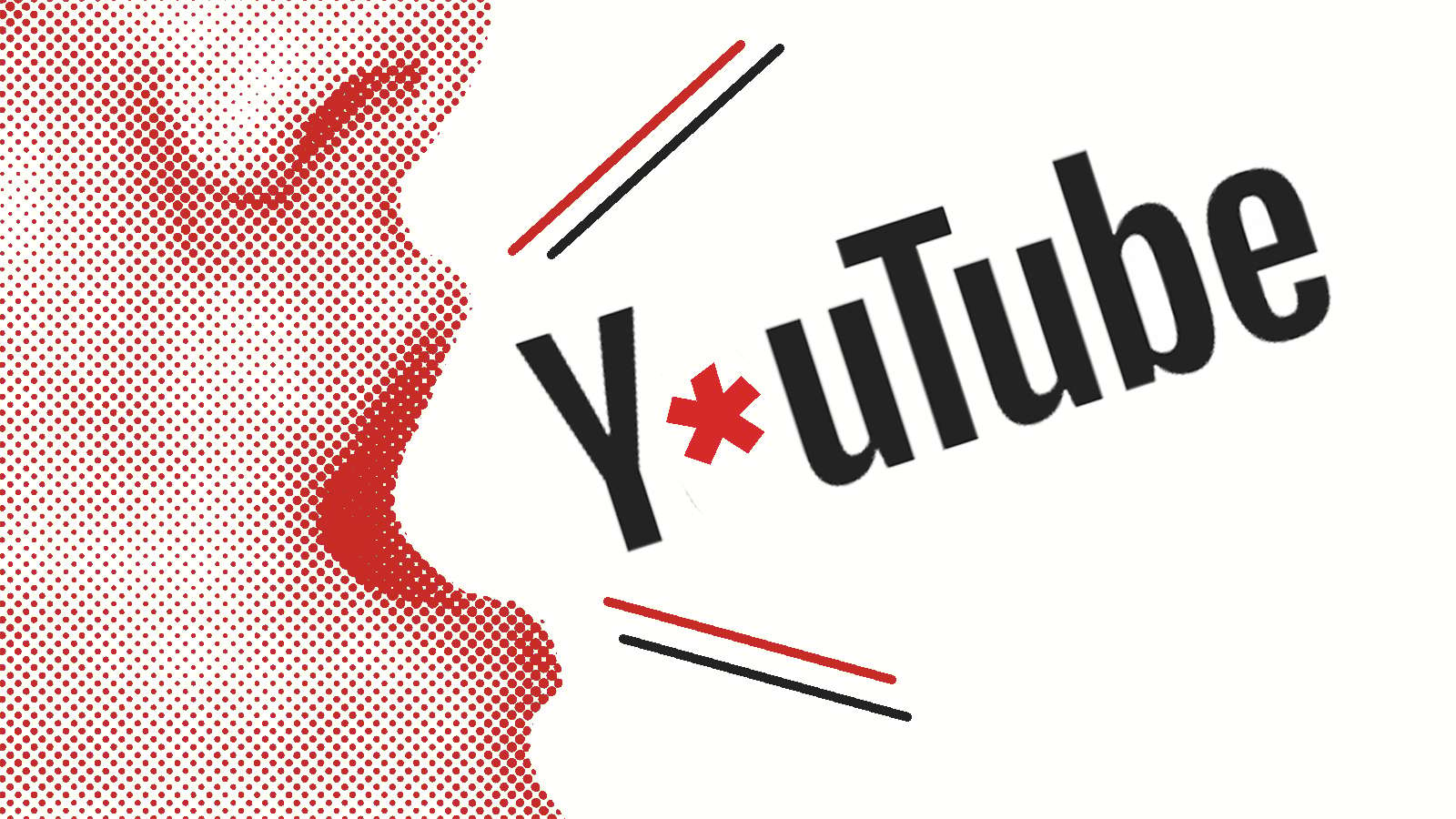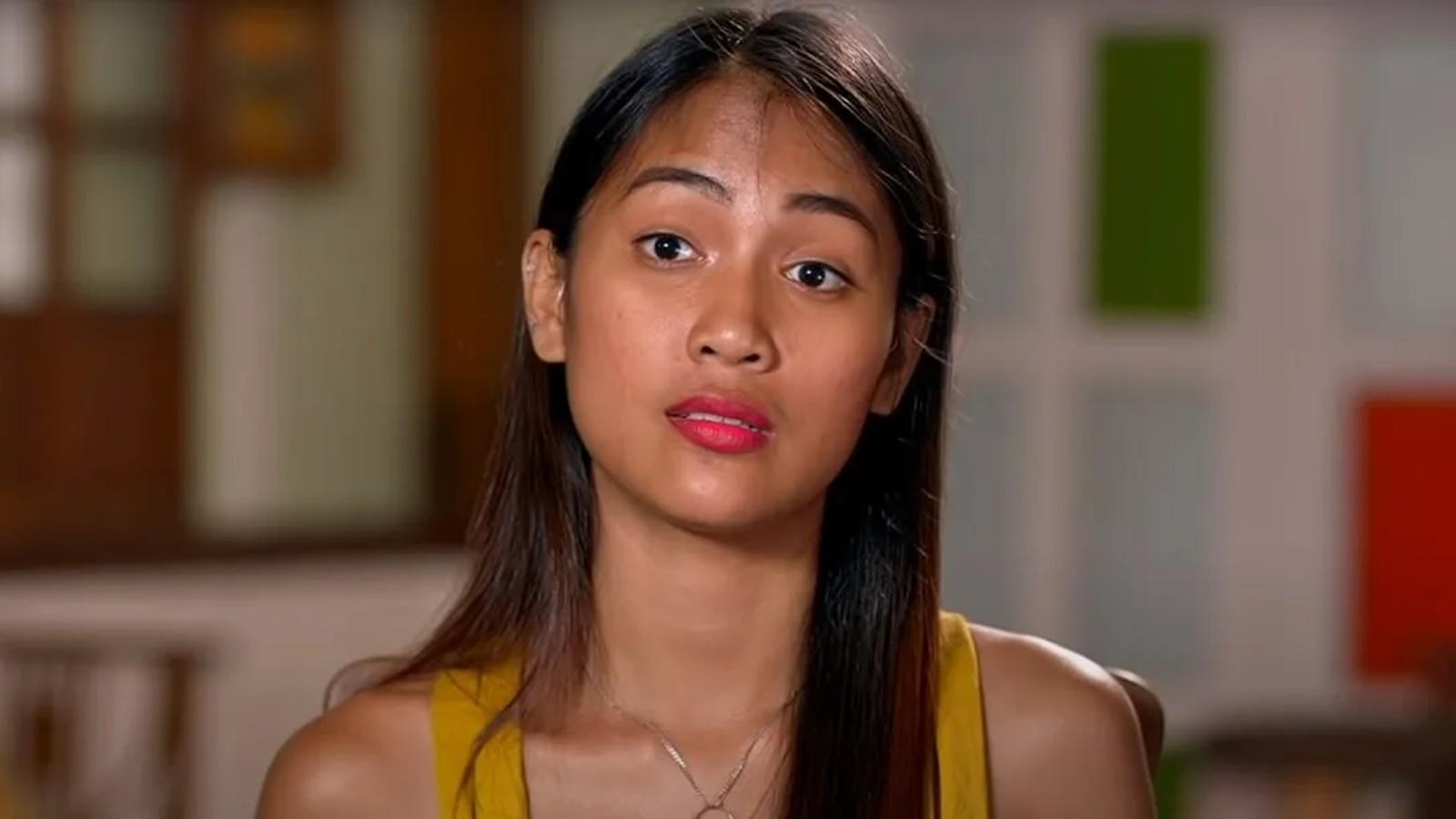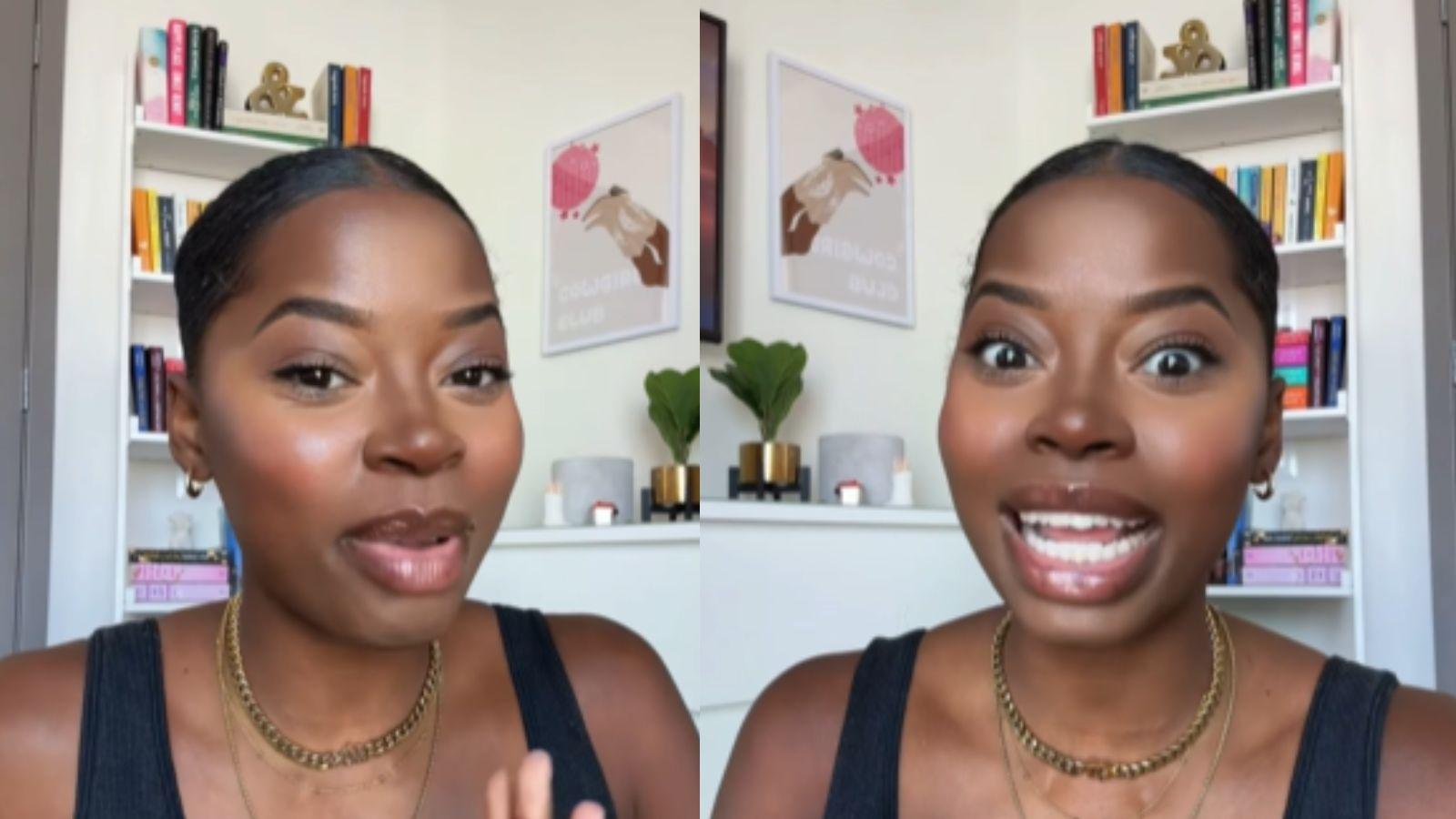YouTube creators outraged as new profanity guidelines wreak havoc

YouTube has made a drastic change to its advertiser-friendly content guidelines, specifically relating to the use of profanity, resulting in a wave of demonization for users on the platform.
Over the years, YouTube has adjusted its content policies to suit the needs of advertisers. Where YouTube was once the wild west of video sharing, users now have to abide by a set of rules to make money from their content.
Advertisers choose whether or not to use YouTube based on the type of content allowed on the platform and can refine the videos their ads appear in. As we’ve seen in the infamous Adpocalypse of 2017, offensive content can lead to major brands pulling advertising from the platform as a whole. These companies included Coca-Cola, Dr. Pepper, Johnson & Johnson, Mars, Adidas, and HP.
This led to YouTube cracking down on offensive content and enforcing new guidelines to ensure the platform’s longevity. However, it has been several years since YouTube as a platform has been at risk of losing advertisers, yet a massive policy change has recently seen content creators lose monetization, leaving these users confused.
YouTube profanity policy leaves platform confused
Before this policy change, creators operated by the rule that there shouldn’t be any harsh profanity – like “f*ck” – within the first 30 seconds of the video. However, this new policy states that creators can’t use profanities for the video’s first 8-15 seconds. But that’s not the part of the policy change that’s causing the most havoc.
The Gaming and monetization section of YouTube’s YouTube Partner Program guidelines states that videos can maintain monetization if “profanity does not occur throughout the majority of the video.” But the Advertiser-friendly content guidelines state, “Occasional use of profanity (such as in music videos) won’t necessarily result in your video being unsuitable for advertising.”
These ambiguous guidelines have confused many content creators, as they don’t offer a concrete reason for their videos’ demonetization. YouTubers are wondering what qualifies as the “majority” of their video and are left uneasy by the use of the word “necessarily,” as it leaves the door open for YouTube to remove monetization at their discretion.
And this widespread fear of demonization isn’t misplaced. Several content creators have reported mass demonetization on their channels with no warning from YouTube. These include MoistCr1TiKaL, LS Mark, RTGame, Stan from Poland, and more.
YouTube’s new policy also applies to the entire content library of each creator. Some creators report that videos from 10+ years are being demonetized due to “Extreme Profanity,” and even private videos are being flagged by the system.
As of writing, YouTube has yet to respond to the outrage from creators. It is possible that the platform is seeking advertisers that require a more family-friendly atmosphere and are enacting policies that would allow for that. With the increasing popularity of video sponsorships, creators have strayed away from midroll ads, resulting in less profit for the platform.
But the policy change doesn’t seem to be the problem for creators. Instead, they are more upset with the lack of communication from YouTube leading up to the change. Some YouTubers have stated had the platform informed creators beforehand and allowed them time to make the necessary changes to their content, the backlash could have been much less severe.



